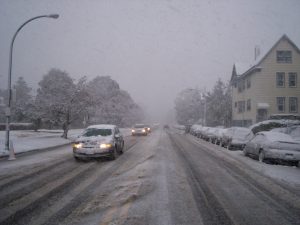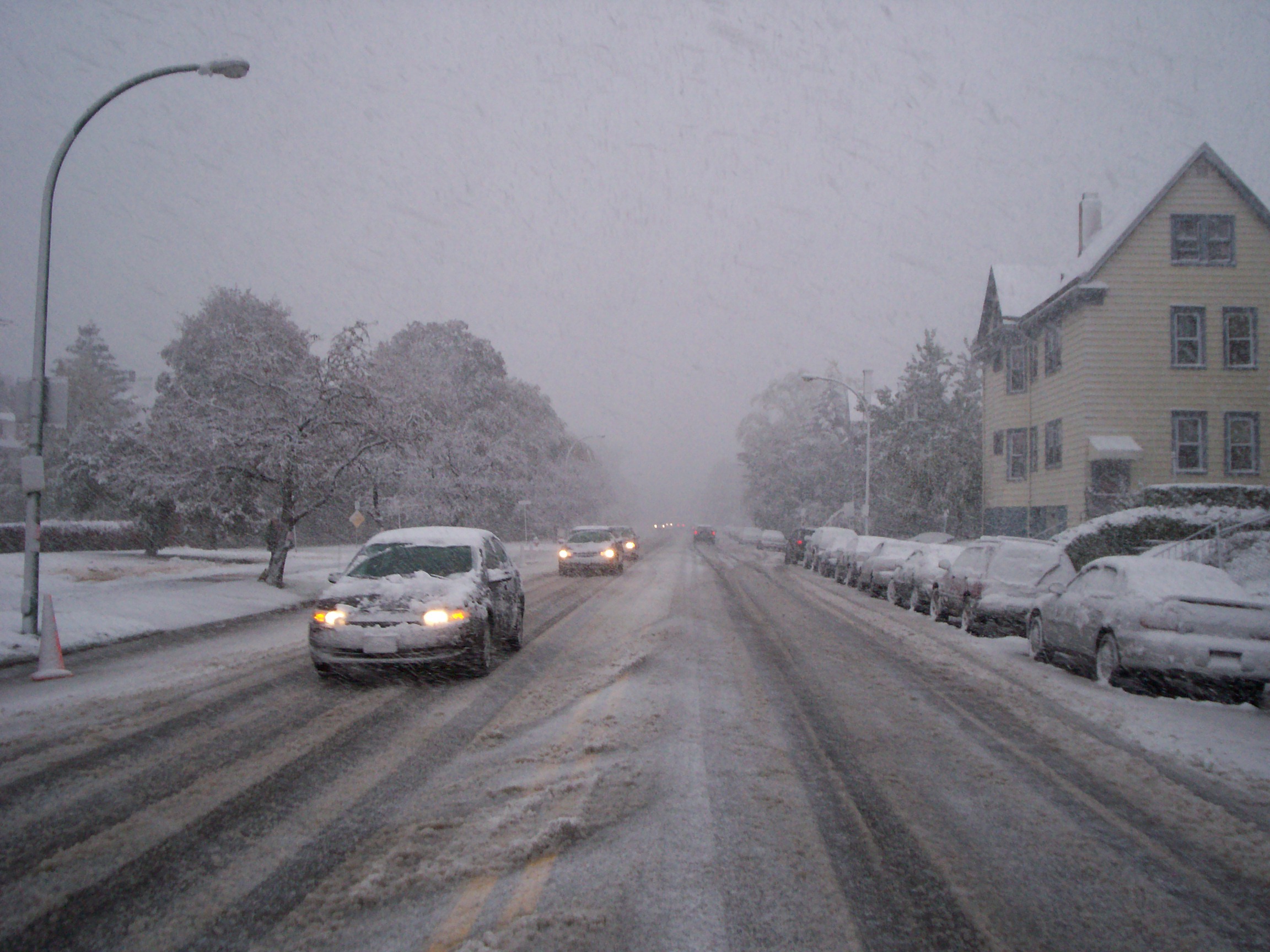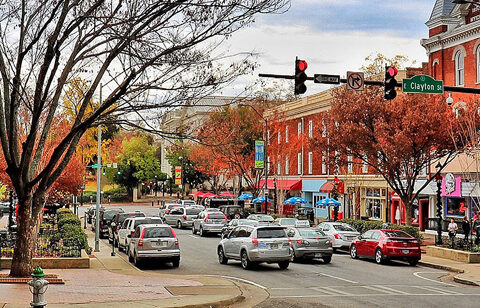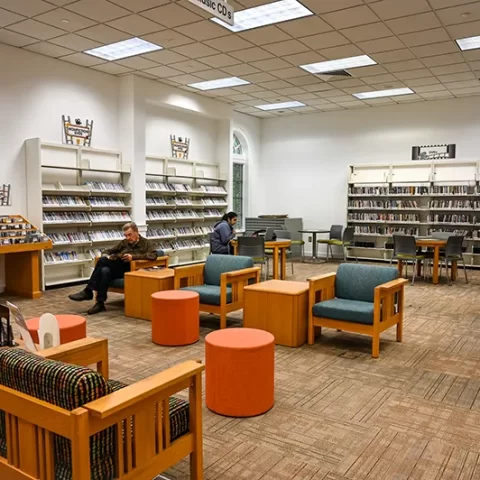 By: Chet Martin
By: Chet Martin
“Never make a mistake they can take a picture of” was the cardinal rule of William Hartsfield, Atlanta’s famous former mayor. Governor Nathan Deal and Mayor Kasim Reed made mistakes that spawned Internet slide shows.
The week of Jan. 29—Snowmageddon, South Parked, Snowjam ’14, take your pick—made Atlanta a global laughingstock and a symbol of Dixie’s incompetence in handling winter weather. A paltry two to three inches of snow crippled America’s ninth-largest metro area and eighth-largest state. A city built as a transportation hub couldn’t even move a couple miles.
Everyone has their own horror story. It took my father 26 hours to travel the 30 miles between Decatur, Ga. and Suwanee, Ga. a 10-hour trek at the walking speed of an average adult. Children were trapped in school buses on the frozen wasteland of I-285. A baby was born on the interstate (it’s only up from here, kid).
Southern hospitality graced us with open arms. Local companies like Chick-fil-A gave away food; Home Depot and Kroger kept their doors open all night to offer coffee and heating. Chipper Jones, the closest thing to a mascot Atlanta has, deposited even more goodwill by tweeting his four-wheeler assisted rescue of current Braves all-star Freddie Freeman.
But Chipper Jones’ heroics do not substitute for region-wide emergency preparedness. Despite what your indignant co-worker might tell you, the Department of Transportation salted bridges and had snow plows at the ready. The process might have lacked northern efficiency, but that’s to be expected from a Sunbelt boom town. The Atlanta-based Weather Channel accurately predicted the severity, location, and time of the storm. Scientists and bureaucrats knew this was coming.
The problem was that no one else did. Rather than prepare the public for calamity by two frozen inches, Deal and Reed spent the middle of the day at a luncheon honoring the Atlanta mayor as “Georgian of the Year.”
Easy as it is to criticize their unfortunate scheduling, it is symptomatic of the casual response the governor and mayor took to the storm. State offices were open the morning of the snowstorm, as were Atlanta schools. Reed and Deal both argued that school closures are the responsibility of local school boards, and businesses may open and close as they please. That’s true. But in times of inclement weather, most businesses take direction from elected officials; school boards would have probably closed if advised to do so by the governor and mayor. Nothing shut down that Tuesday morning because no warnings had been issued.
The scene was set: 1.25 million people in the urban core of a city with notoriously bad traffic and scarce public transit options flooded the streets when the weather turned ugly at 2 p.m. Atlanta’s typical three hours of peak traffic were condensed into an instant. Gridlock begot gridlock as emergency vehicles were unable to address accidents, abandoned cars, and ice. Anyone want to re-think their vote on T-SPLOST?
The seminal article on the city’s disaster, “The Day We Lost Atlanta” by Atlanta Magazine editor Rebecca Burns in Politico, lays out how the city was uniquely unprepared for any sort of stress to its traffic system. Discussing the region’s dozens of municipalities, she writes, “Atlanta the city, became—and despite a slow uptick in population, remains—the commercial district to which people commute from Atlanta, the suburbs.” When we say “Atlanta”, we usually mean a massive region that compromises much of north Georgia; when Kasim Reed governs “Atlanta,” he’s controlling an area that isn’t even everything inside the perimeter. Anyone who has left a Braves game in the ninth inning knows what that means.
Furthermore, cars are all we’ve got. For most people in the region, MARTA (Metro Atlanta Rapid Transit Authority) is a transit to the Georgia Dome and airport rather than a reliable way home; it doesn’t even touch the bedroom communities of Gwinnett and Cobb County. On top of that, the voters of the metro area declined to pay a penny more in sales tax in order to fix our single mode of transportation when they shot down T-SPLOST.
Loose talk about political death for Deal and Reed took center stage following the release of a poll which found wide support for left-of-center candidates and causes during the snow storm, as if Georgians are “just add frozen water” Yankees. The two managed to salvage their reputations by being over-prepared for the ice storm the state experienced in February.
The storm that began Jan. 29 is likely a once-in-a-generation event, one that will haunt public officials for the near future. We’ll be better prepared. But as Atlanta continues to grow, we have to question our city’s infrastructure and management, and whether a dozen counties of suburbs can call themself a city at all.


